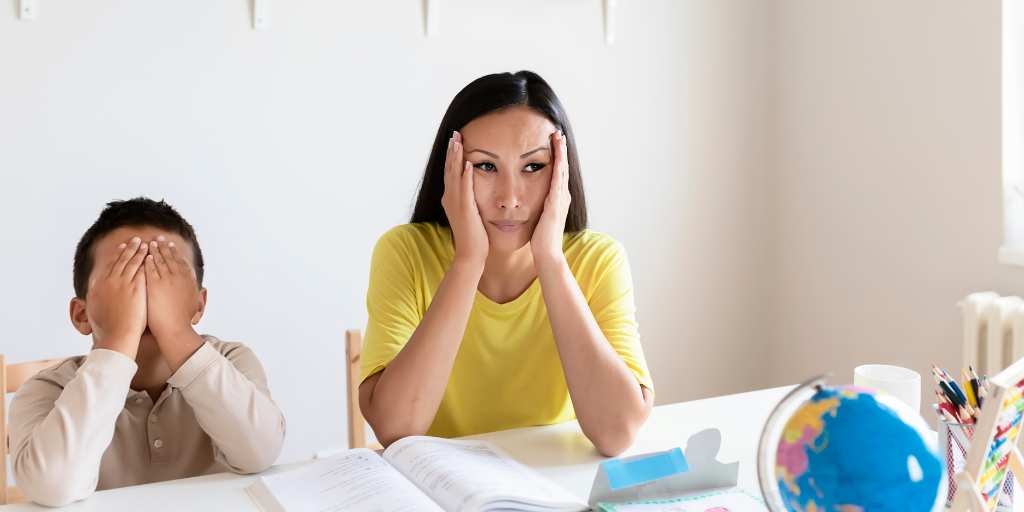
It was bound to happen: Your child posted something private to their close friends on Instagram Stories, and a screenshot made its way around the whole school. They sent an inappropriate picture they regret. Or maybe they sent an ill-advised meme to a friend, and the principal got wind of it.
Kids can and will mess up in digital spaces — it’s part of growing up in the digital age. Luckily, there are things parents can do to support their kids when they mess up online and even help them learn from their mistakes.
As much as we might want to prevent our children from ever making mistakes in the first place, our job as parents isn’t to shield them from messing up — it’s to support them through the fallout when they inevitably do.
As hard as it is for parents to watch, research indicates that when children make mistakes and are met with loving support, these mistakes are actually a vital way to build resilience, develop autonomy, and learn valuable decision-making skills. Supporting our children through their mistakes with a combination of empathy, communication, and education is the key to turning a temporarily painful situation into a long-term positive lesson.
Before you do or say anything, take a breath, take a beat, and get a handle on your own feelings.
Believe me, I know how hard this one is. It’s only natural for you to feel things like anger, shame, or sadness when your child messes up. But hear me when I say that this moment is not about your feelings.
Nicole Baker, assistant professor of psychology at Franklin Pierce University, cautions that “reacting with anger or frustration can cause a child to withdraw in a high-arousal state.” Instead, Baker suggests staying calm and offering a judgment-free space for your child to process what happened.
You might need to fake it ’til you make it or hide in the laundry room and scream into the dryer, but remaining calm and even-tempered allows your child the room they need to process their own emotions and ultimately learn from their actions.
It’s tempting to try to immediately turn your child’s mistake into a teachable moment. But if they’re having big feelings about what happened, they won’t be able to effectively absorb the learning.
During this initial fallout stage, Baker suggests parents validate their children’s experience and let them know it’s okay to feel embarrassed or anxious about the situation. “Reassure them that making mistakes is part of being human,” she says.
After the initial feelings ease and your child is emotionally regulated, they’ll be in a better headspace to learn from their mistake. Here are some ideas for how parents can facilitate this growth:
The best learning happens when children recognize the lessons on their own. Rather than lecturing them about the consequences of their actions, take a more soft-handed approach.
Baker suggests that parents guide their child to understand the potential consequences of their actions, encourage them to take responsibility, and explore ways to prevent similar mistakes in the future.
Here are some conversation tips to help you get started:
To facilitate your child’s learning, try using open-ended questions. You could ask, “What’s going on with this situation now?” and “How do you think this made the other people involved feel?”
Ask your child what they think they can do to repair the situation, and make sure they follow through with the plan. This could mean apologizing to those who were impacted, taking down a harmful post, or offering to perform community service through the school.
Encourage your kid to brainstorm how to prevent the situation from happening again. Discuss responsible, age-appropriate online behavior, and plan ways to monitor their online activity as a means of accountability. (If you don’t already have a digital device contract in place, now is a good time to implement one.)
Baker also stresses the importance of routine check-ins with children and adolescents regarding their online activity. “These check-ins not only increase parents’ awareness of online behavior, but also normalize these discussions for children, making them more comfortable confiding in their parents when facing online problems in the future,” she says.
Messing up online is an inevitable part of modern adolescence. But with a supportive, non-judgemental approach, parents can guide their children through their mistakes and help them learn.